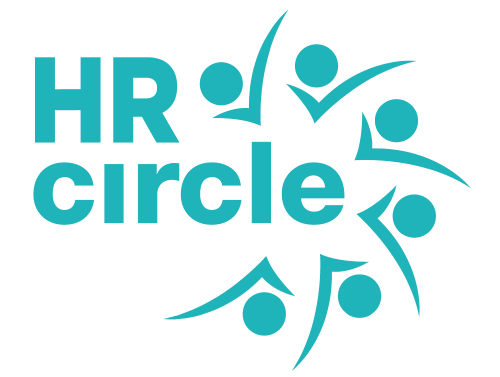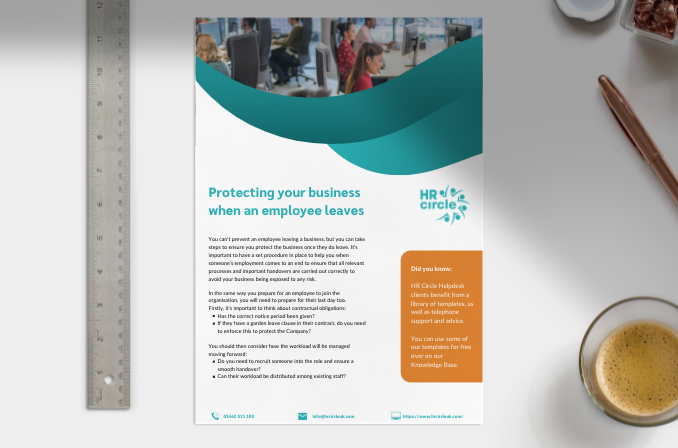2020/2021 have been perhaps the strangest years of our generation. The anticipation and excitement around the start of a new decade soon died when fears surrounding the pandemic grew. Understandably, the government and businesses took decisive action, locking down and shifting the structure of the modern workplace, arguably permanently.
The lockdowns brought about a new way of life for most of us. We had to adapt our lives to come to terms with what was going on and start to live with the ‘new normal’. The way we went about working was affected significantly, with a lot of us changing to working from home, rather than in the office or out in the field. What started as elation for many soon soured due to the amount of employees feeling like they had lost their work-life balance; their motivation to work was slipping away with each passing day.
The return to the workplace this year will see a rise in the motivation of those employees who didn’t like the feeling of working from home, whilst those that would prefer to work from home are, for the most part, being allowed to do so. There are a number of reasons behind not feeling ready to return to the workplace for some employees, with some feeling they prefer working from home for wellbeing and family reasons, whilst some are worried about their safety in regards to COVID-19, which is completely understandable.
The role of HR in supporting employees is arguably more difficult in this new hybrid workplace. It’s more important than ever to instill the sense of cohesion and support among teams, while avoiding the feeling of playing ‘big brother’, as employers attempt to understand better the work being completed by employees they can’t necessarily see behind desks day-to-day.
Supporting employee mental health and wellbeing
Supporting the mental health of employees has been a key challenge emerging through the pandemic, brought on initially through feelings of isolation and compounded by the lack of clarity, dismantling of any mid-to-long-term plans and increasing financial pressure. Inherently, humans are social beings that, for the most part, benefit from a sense of direction and element of planning; even if we haven’t typically paid much regard to the many micro-interactions we have daily and the importance overarching goals and objectives have on our lives, they undoubtedly widely impact our overall sense of wellbeing. Like a game of Jenga, if one supporting brick is removed, things can begin to destablise and ultimately, tumble.
Wellbeing has a huge impact on our productivity; most of us have heard of absenteeism, with employees taking mental health-related sick days, albeit not being particularly confident to admit the true cause of their absence. Perhaps less uncommon is presenteeism, whereby employees are physically present, but by all means mentally absent.
The problem with the semi-remote workforce brought about by the pandemic is that we aren’t too aware of who may require some wellbeing support, and in which key areas. Thinking back, did you feel confident with supporting employee wellbeing when the desks were filled?
It’s great that workplaces and organisations are taking a more constructive approach with regards to supporting employee wellbeing, but without the right tools in place, it’s still a very difficult task. That said, we offer a comprehensive tech-enabled employee wellbeing support package that is sure to help.
Work-life balance
From the start of the lockdown, work-life balance was dramatically impacted. At first, it brought about feelings of novelty. ‘This is great! I can sit up in bed, switch the laptop on and I’m working!’ That’s for those that were lucky to be able to work at all. Many were placed on furlough, left sitting at home, for want of a better expression twiddling their thumbs, with no obvious way out on the horizon.
Eventually, things started to merge into one; the lines between personal and working life became blurred. When working in the office, it was arguably easier for people to switch off. Once at home, they’d be out of work mode and into family time. At home, there wasn’t much of a divide. Kids were off school; work literally followed them home.
Equally, people started working unfamiliar hours; managers would reach out to employees outside of the regular 9-5 and address thoughts as soon as they entered their mind. Quality of life began to suffer and there seemed to be no real break – no clear divide – between either work or personal life.
Whilst things have somewhat levelled out for many now, this is still a key consideration for HR. Does training need providing to teams surrounding working remotely, effectively? Do regulations and guidelines need setting at company level around working hours and acceptable management practices in order to keep things as professional as they were previously?
The future of work
The way we work has changed dramatically over the past year and a half. We have largely gained experience around adapting to new environments and challenges; adjusted to switching between working and home life, whether the physical environment remains the same, or not. The best outcome would be that everyone could just get on with their work in any environment that we are forced into, but we can’t. We’re all human and some of us do need that extra support, motivation or feedback to get us feeling and performing to our best. The role of the human resources function has certainly evolved as a result of the pandemic and the challenges faced have changed too. The only consistent factor is that HR is absolutely vital to organisations of any size in supporting employees and ensuring that they remain at the centre of any decisions made.





